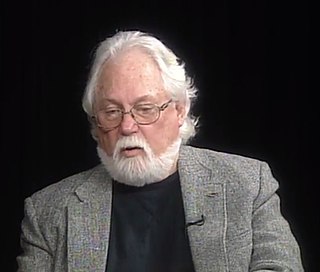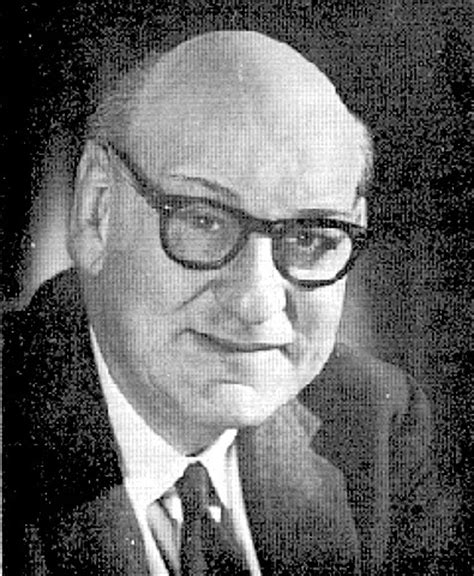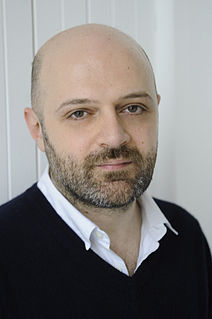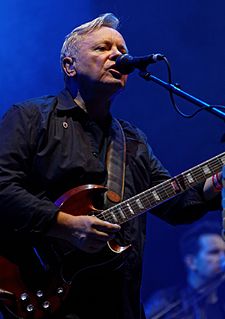A Quote by Robert Pyle
You can see that there is scarcely an observable fact unworthy of mention in your notes, and yet you could easily spend more time scribbling than watching, and that would defeat the purpose. So be selective, don't be compulsive, and enjoy your note-taking.
Related Quotes
I'm a compulsive note-taker, and I used to feel self-conscious about pulling out my little notebook and taking notes during a casual conversation. Then I noticed that people really seemed to enjoy it; the fact that I was taking notes made their remarks seem particularly insightful or valuable. Now I don't hold myself back.
You never can tell, though, with suicide notes, can you? In the planetary aggregate of all life, there are many more suicide notes than there are suicides. They're like poems in that respect, suicide notes: nearly everyone tries their hand at them some time, with or without the talent. We all write them in our heads. Usually the note is the thing. You complete it, and then resume your time travel. It is the note and not the life that is cancelled out. Or the other way round. Or death. You never can tell, though, can you, with suicide notes.
Let your mind see every detail of your own special version of the very best that life can be. If you could make the world exactly to your liking, consider very specifically just how that world would be. If you could spend your time doing precisely what you wish, how would the moments of your life be lived?
You may remember the paradox of time we mentioned earlier: Whatever you do takes time, and yet it is always now. So while your inner purpose is to negate time, your outer purpose necessarily involves future and so could not exist without time. But it is always secondary. Whenever you become anxious or stressed, outer purpose has taken over, and you lost sight of your inner purpose. You have forgotten that your state of consciousness is primary, all else secondary.
Each life has a different purpose, and some people can find their purpose more easily than others. The key, the most important thing you can ever know, is that whatever your purpose is, that's not your only choice" "No matter why you're here, no matter why any of us are here, you're never tied down to fate. You're never locked in. You make your own choices, Kira, and you can't let anyone ever take that away from you.
A very simple and useful device is to have a memorandum-book, so small that it can be easily carried in the pocket, to be used instead of your mind to keep note of any errand or any appointment that you may have. The Standard Diary, less than four inches long and less than two and a half inches wide, is one of the best for this purpose. ...In fact, such diaries as these, in their wide range of information, would seem to be all that one needs in practical life, the only other book that at all approaches them in this respect being unquestionably Webster's Unabridged Dictionary.
When you work fast, what you put in your pictures is what your brought with yoiu - your own ideas and concepts. When you spend more time on a project, you learn to understand your subjects. There comes a time when it is not you who is taking the pictures. Something special happens between the photographer and the people he is photographing. He realizes that they are giving the pictures to him.
Usually when you're playing with other people in not such a reverberant room, you have to be quick on your feet and think about stuff really quickly. But inside the cistern, it was almost like I was at home on my computer arranging and taking time thinking about the next step, the next note. Instead, the room was my collaborator. I could hear the note and sit there and think. I could be arranging as I was going in real time, which was fascinating.



































